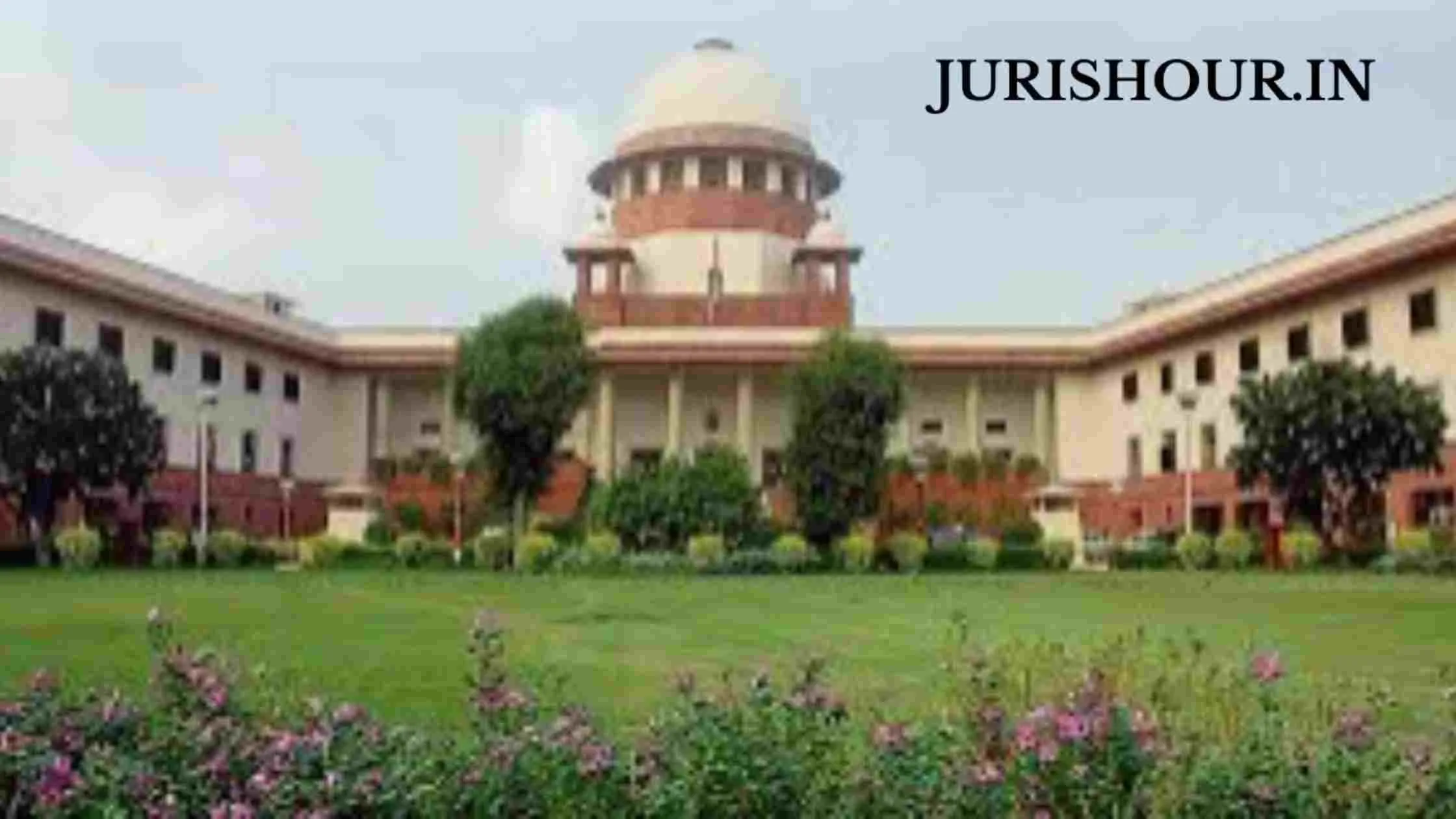The Supreme Court on Monday disposed of a long-pending Public Interest Litigation (PIL) filed by Chartered Accountant Pradeep Goyal, which sought the creation of a mechanism to track Goods and Services Tax (GST) on services provided by foreign entities to Indian recipients. A bench comprising Justice B.V. Nagarathna and Justice K.V. Viswanathan treated the entire writ petition as a representation to the GST Council and directed the council to take an appropriate decision on the issues raised.
The PIL, filed in 2021, highlighted significant gaps in the indirect tax framework concerning Online Information and Database Access or Retrieval (OIDAR) services offered by foreign companies. Petitioner Goyal, represented by Advocate-on-Record Dr. Charu Mathur, argued that the absence of robust reporting and verification mechanisms was leading to large-scale tax leakages. He contended that Indian authorities lacked the means to verify whether overseas service providers, such as major digital platforms, were correctly discharging GST liabilities on business-to-business (B2B) and business-to-consumer (B2C) transactions.
“Foreign companies like Facebook, OpenAI and other online service providers are earning substantial revenues from Indian consumers. However, the government has no mechanism to verify total receipts, ensure proper classification of recipients as taxable or non-taxable, or track payments under the reverse charge mechanism,” Advocate Charu Mathur submitted during the hearing.
The petition underscored the information asymmetry in GST filings. While domestic service providers are required to file detailed invoice-level data through Form GSTR-1, overseas OIDAR suppliers only submit consolidated data through Form GSTR-5A, which covers supplies made to non-taxable online recipients. There is no corresponding mechanism to capture supplies made to registered entities liable to pay GST under reverse charge. The petitioner claimed this loophole was resulting in “hundreds of crores” in lost revenue for the exchequer.
In its brief order, the Supreme Court bench stated, “We will dispose of this petition by treating the entire writ petition as a representation to the GST Council and direct the GST Council to decide on the representation.” This direction effectively places the responsibility on the GST Council to deliberate on whether further regulatory or technological measures are required to address the tax gaps.
The plea had also sought mandatory fixed establishments in India for foreign OIDAR suppliers, enhanced data-sharing protocols, and audit provisions for overseas service providers. However, with the court’s order, these issues will now be subject to the GST Council’s consideration.
The petition gained wider attention in recent weeks as global digital service providers increasingly cater to Indian businesses and consumers. Tax experts note that the absence of a real-time tracking mechanism, especially for B2B services, continues to be a challenge for GST compliance.
The GST Council is expected to discuss the matter in its upcoming meetings.
Case Details
Case Title: PRADEEP GOYAL VERSUS UNION OF INDIA & ORS.
Case No.: WRIT PETITION(S)(CIVIL) NO(S). 258/2021
Counsel For Petitioner: Charu Mathur, AOR
Counsel For Respondent: N.Venkataraman, A.S.G.
Read More: An Exhaustive Guide to Tax Laws in Mexico: Structure, Types, and Compliance

